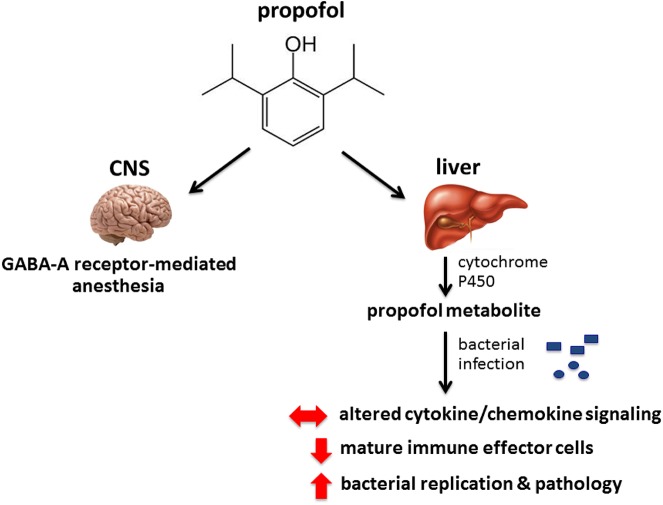Fig 8. Model of the effects of propofol on host susceptibility to microbial infection.
Propofol binds to the GABA-A receptor in the CNS to induce anesthesia. Upon infection, propofol increases bacterial translocation across physiological barriers and inhibits immune clearance of bacteria from target organs. Propofol is speculated to mediate immunosuppression through the action of metabolic intermediates produced in the liver that may bind to alternative receptors and alter patterns of cytokine and chemokine signaling in response to infection. Propofol sedation inhibits the recruitment and/or activity of immune effector cells at sites of infection, thereby increasing bacterial replication and organ pathology.

